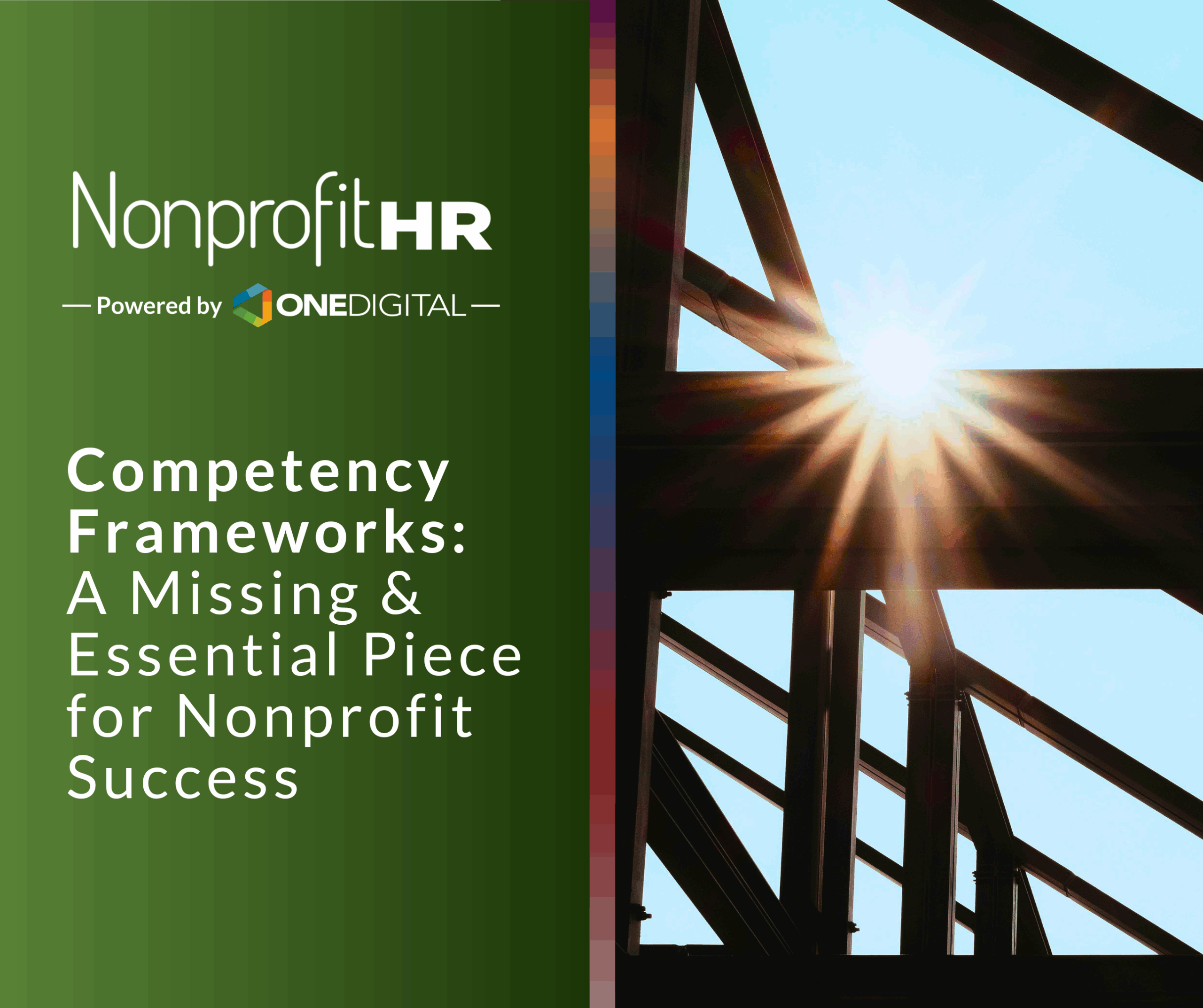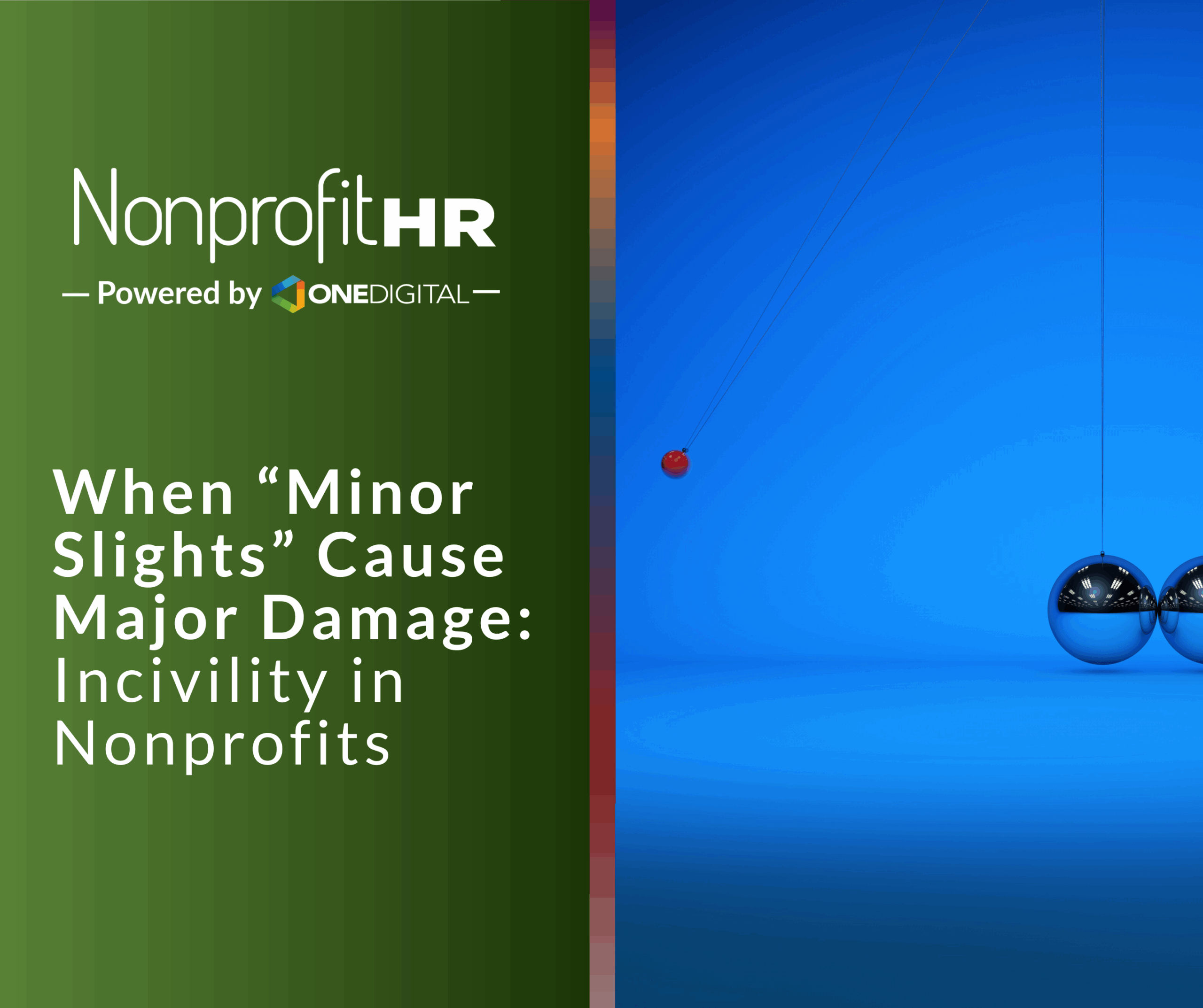WTOP: 5 ways nonprofits can…
If you put your ear to the ground in the HR profession, you hear a gentle murmur – Gamification.
Simply, Gamification is the theory that by applying the same principles that inspire people to play games — achievements, status, and rewards — to employee performance, organizations can drive deeper engagement, and increase alignment with organization goals.
Rob Scott feels that “gamification is really talking to the natural human needs and desires to achieve, compete, be recognised, have some control over the outcome and be entertained. The advent of technology has allowed these human needs to be expressed through computer based games — its a highly successful industry, to the extent that it has over taken video and DVD as the number one form of entertainment…”
Scott asked Andrew Butow, a supporter of gamification in HR, to identified some of the critical success factors for incorporating it in HR technology.
- people interact with the tool frequently
- people have a variety of interaction points
- there exists a community that people care about recognition in
- interaction points are easily quantified
- adoption is a high priority
- frequent feedback is important
We know that other industries have been highly successful encorporating gaming into their recruiting and training processes (ie the military), but HR?
John Sumser is not convinced:
“Most software products and services are developed in the absence of clear understanding of the customers. That’s a good part of why technology adoption rates are so low in practice. As the Software as a Service (SaaS) model shoves success metrics off on the customer, new and exciting approaches to getting user level buy in will be trotted out.
You can bet that gamification is going to figure prominently in the misguided attempts to automate stakeholder commitment.
Instead of wondering why we ask employees to do stupid things, we are about to be deluged with gimmicks that try to motivate with fake money, fake status and fake accomplishment.
Here are some of the kinds of things you should expect to see.
- Formville – In this game, players are incented to complete the corporate data collection process. A series of badges and titles are awarded to people who fill in expense accounts and the web of HR documents on time (or at all).
- Succession Plans and Zombies – This game is for all of the people who know that they could do a better job than the current management team. Each person is allowed to construct their own corporate succession plan. Then, players wager a percentage of their paycheck on the outcome.
- Angry Boss – Players throw various kinds of boss at pigs. Each level includes a hidden agenda that can be discovered by flipping the boss off properly.
- World of Workcraft – Nothing much actually gets done in this game. But, there are lots of meetings and if you go to enough of them, you can give advice to novices.
- Talent Management Bingo – Who are the most valuable people in the organization? All employees are issued a bingo chart. Numbers are called based on meritorious accomplishment. Unless you are the management team’s favorite. Then you just get to fill it out yourself.
- Wage Slave Trader – Employees earn points for getting to work on time, limiting Facebook usage, actually doing work, and eating lunch at the desk. No one wants to be the Mayor of tardy.
- ForcedSquare – Checking in has never been more fun. Monthly bonuses given to the players who leave their desk the least.
- ClubOnboard – Your virtual employee is really the new guy in the department. Help him grow by feeding him orientation papers, HR forms, inside tips about brown-nosing effectiveness and guides to the best bathroom stalls.
- Yuck – Reviews of food from the company cafeteria and the roach coach.
- Mr. Golden Boy – Points for delegating your to do list the fastest. Lose points for any task left on your list at the end of the first coffee break.
- Sourcer’s Surprise – Sourcers find new candidates then cast resume and interview spells to make them perfectly fit job requirements. The goal is to get paid before the spells wear off. (oops, we already have that one).”





























